Global warming is sometimes mentioned in the same sentence with “security.” In your recent SEARCA lecture, you mentioned Biodiversity together with food security. How does this relate to the ACB’s slogan “Conserve Biodiversity, Save Humanity”? As a private individual, how do you convince a skeptic that the threat is real? As an organization, what is ACB doing to concretize into action its slogan?
[/fusion_builder_column]
Rod Fuentes delivering a lecture on biodiversity and food security at Southeast Asian Regional Center for Graduate Study and Research in Agriculture (SEARCA) in 2008. Photo courtesy of the Public Affairs Office, ACB.
As I mentioned earlier, the threats to biodiversity in the region are tremendous especially in the face of rapid development and the emerging demographic shift from rural to an urbanizing population. The sheer pressures and demands of the growing human population coupled with an increasingly wasteful and inefficient consumption patterns are creating ecological footprints that often have larger ramifications on maintaining the integrity of our ecosystems. It is in this context that ACB has connected the inextricable link between biodiversity and the human well being. A seminal study released in 2005 involving key institutions and scientific luminaries came out with the Millennium Ecosystem Assessment Report: it highlighted the critical importance of understanding the relationship between humans and ecosystems by way of recognizing the various services the latter provides to warrant the healthy existence of the former. This has been the overriding theme for communicating biodiversity conservation as a way to ensuring “security” in the broader context and in my SEARCA lecture specific to food security. At this point, let me stress that the context of “conservation” may also have to be widened. The conventional wisdom of “conservation” refers to prevention, protection and rehabilitation of ecosystems by bringing them back at least to their original state. This state is rather absolute, as perhaps we all know by now. With the adoption of “sustainable development” as a buzzword for economic progress/growth the context of conservation has over the recent years expanded to mean the “sustainable use” of resources – which if applied to biodiversity should be taken to connote the sustainable use of biological resources. The debate on the use of the terms “conservation” and “sustainable use” rages even up to now in the international discussions.
This contextual nuance is the reason why it is difficult to promote biodiversity management as compared against the topic of climate change or global warming. The question of how does one convince the skeptics that the threats are real is a million peso question. The approach taken in drum beating the climate change issue provides us valuable insights of how to present the biodiversity issue to people. The ultimate objective of transforming mindsets to accept biodiversity management and conservation is to make the topic a political issue. This can be attained by: first, getting the science right – the Intergovernmental Panel on Climate Change (IPCC) precisely did this task; second, is getting the economics right – which is to bring in economists to buy into the notion by letting them estimate the cost of inaction versus the cost of action if it is taken judiciously; and third, getting the message right – which exactly what Al Gore did. This was the process of how the case of climate change was packaged and presented and thus, stayed in the consciousness of people. But note, even with such process (and with high degree of success) there remain some skeptics about the impacts of climate change on humans. But the support by a significant number of politicians provides a clear lesson of how a critical topic such as biodiversity conservation and management can be raised as a mainstream development agenda.
Fortunately for ACB it is not acting on a void. Globally, there are initiatives and efforts to bring biodiversity into the key development discussions and it is gaining adherence. Next year (2010) will be the International Year for Biodiversity, which will coincide with the holding of the 10th Conference of Parties for the CBD. ACB is therefore streamlining its public advocacy, communication and education programme along this major event. And as the question points out, the underlying advocacy message is to fundamentally connect why biodiversity conservation is linked to the human well-being.
Nowadays, when buzzwords like “being green,” “global warming,” and “carbon footprint awareness” seem to be part of the vocabulary of ordinary citizens, how do you judge the words “conservation” and/or “biodiversity” in the context of a common man’s consciousness? How do you react to the fact that these words are sometimes considered as mere buzzwords by some people?
I have more or less touched on this matter in the earlier discussion. But let me also provide some perspective on this question. Historically, societies only consider taking alternative courses of action under the following conditions: a) when their primary interests are at stake (community and family survival, challenge to power structure, etc.); or b) the danger /threat posed by an impending event is imminent. The collapse of ancient societies or civilizations, or even in contemporary times when communities are ravaged by natural calamities such as the case of the Asian tsunami of 2004, the inability of societies to immediately respond to natural threats can be generally attributed to their failure to heed the signs of impending environmental catastrophes. Central to a society’s ability to respond to imminent threats lie mainly on the level of their knowledge and understanding of the environment, and whether the necessary information is available for them to take mitigating or preventive actions. The 21st century society has one distinct advantage over past societies: it has been able to narrow the information and knowledge gap. Technology, in particular information technology, has crossed and broke a lot of barriers to make knowledge and information more democratized: available to anyone and can be accessed at any time for their own use.
Taken in this light, I do believe that a person of this generation are far smarter, more conscious of their rights, and enjoys the luxury of the advantages they have over the previous generations. Environmental awareness has made significant inroads in the consciousness of people as they become more sensitized with issues and concerns that affect their daily lives. In may be true that the degree of understanding and the depth of common knowledge about climate change is far deeper than biodiversity. But I would not say that people have zero knowledge of the issues related to conservation and biodiversity. The real challenge is in creating the critical mass that can translate this knowledge to visible social and political action. So, for the time being the ideas may just be buzzwords. I do believe however, that when its moment comes, it will gain adherence just as the issue of climate change have evolved. In the development parlance, you may hear statements being expressed as “efforts are being geared towards mainstreaming the biodiversity agenda in the development discussions”. This simply means having the notion planted for a wider political and social debate as to its value and importance to society. To have these terms as buzzwords can be taken as positive sign for greater action in the future. What we are moving and advocating for is the moment should be in the immediate future.
This is page 3
Last Updated on October 12, 2016 by Tudla_Admin


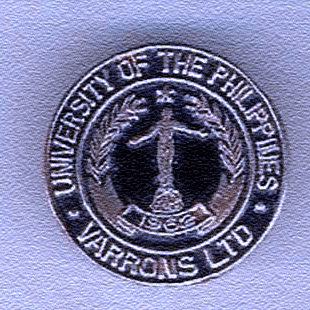

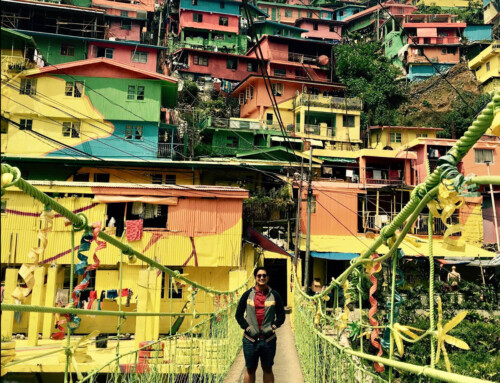



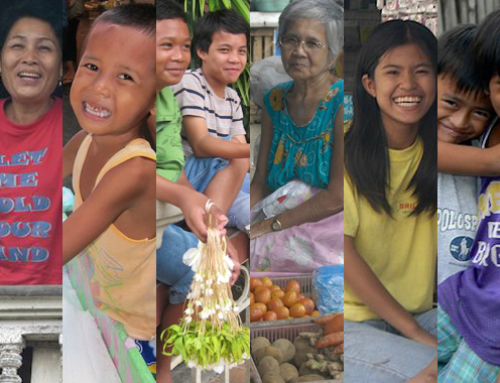
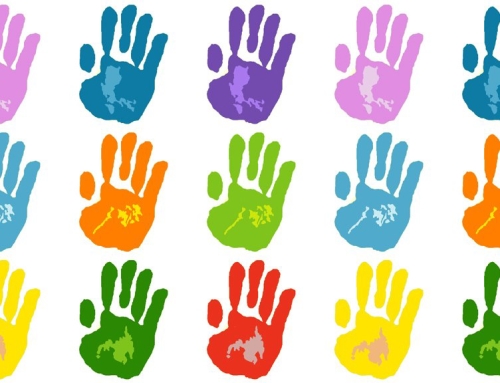

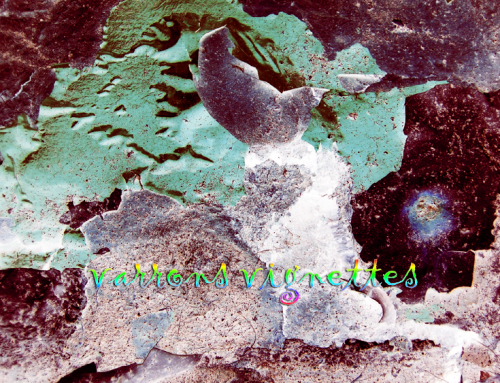
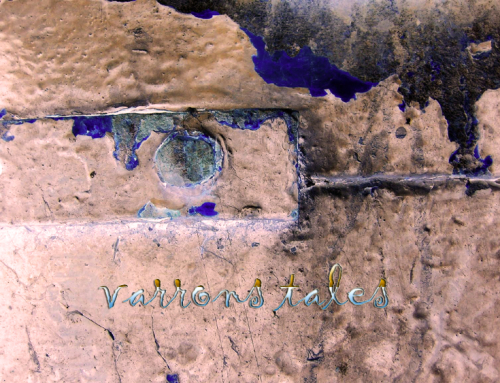
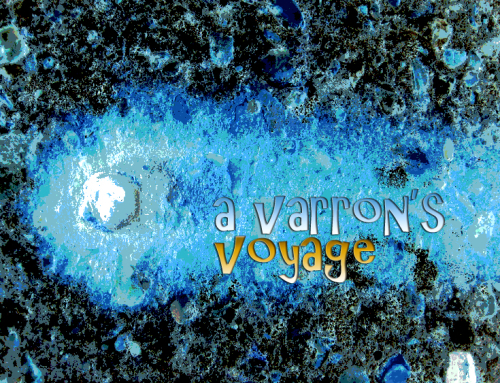

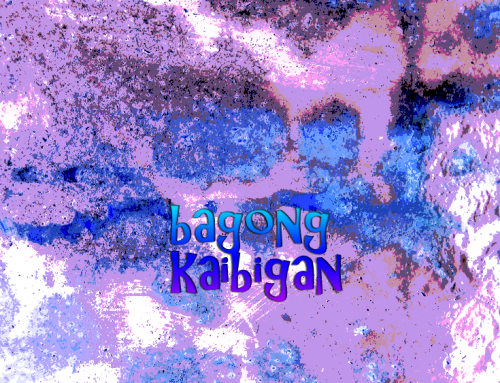
[…] Rodrigo “Rod” Fuentes (Montreal ‘76) is the recipient of the 2009 Most Outstanding Professional in Forestry by the Professional Regulatory Commission (PRC) in the Philippines. In its citation, the PRC highlighted, among others, Rod’s ” exempliying professional competence of the highest degree with integrity in over 20 years of practice of his profession as a sustainable development and urban and regional planning specialist in planning, policy advisory, program design, implementation and management of environment and sustainable development initiatives, natural resource and urban development projects.” […]